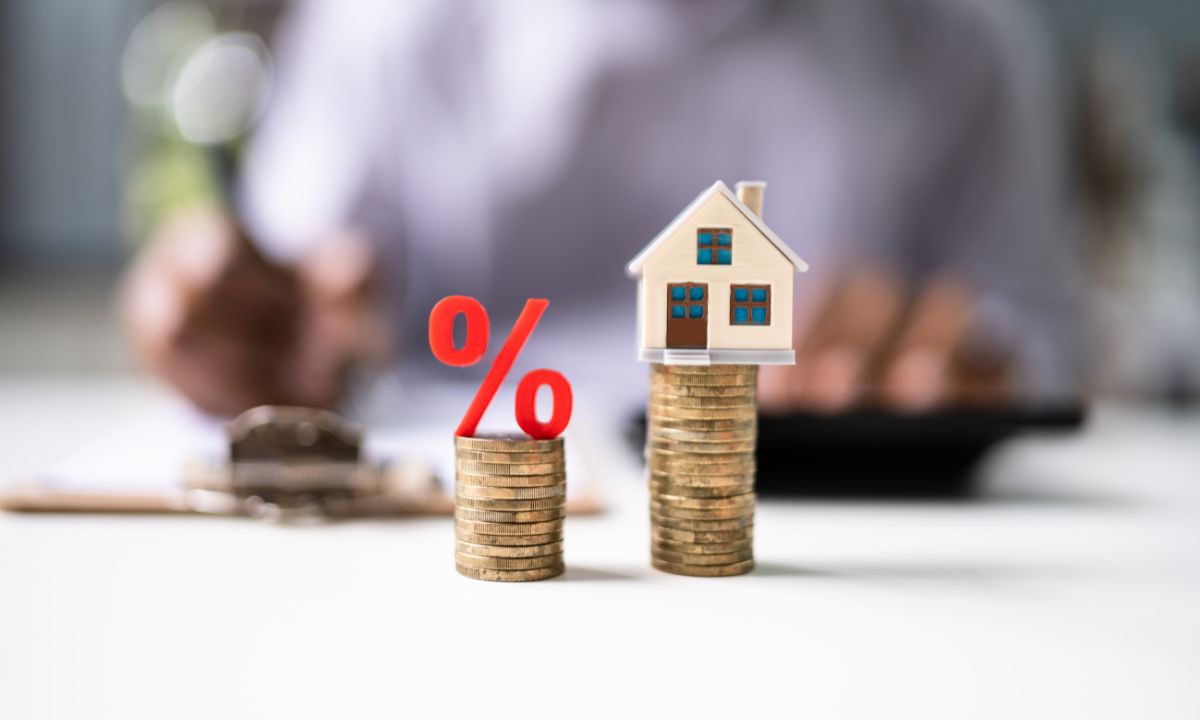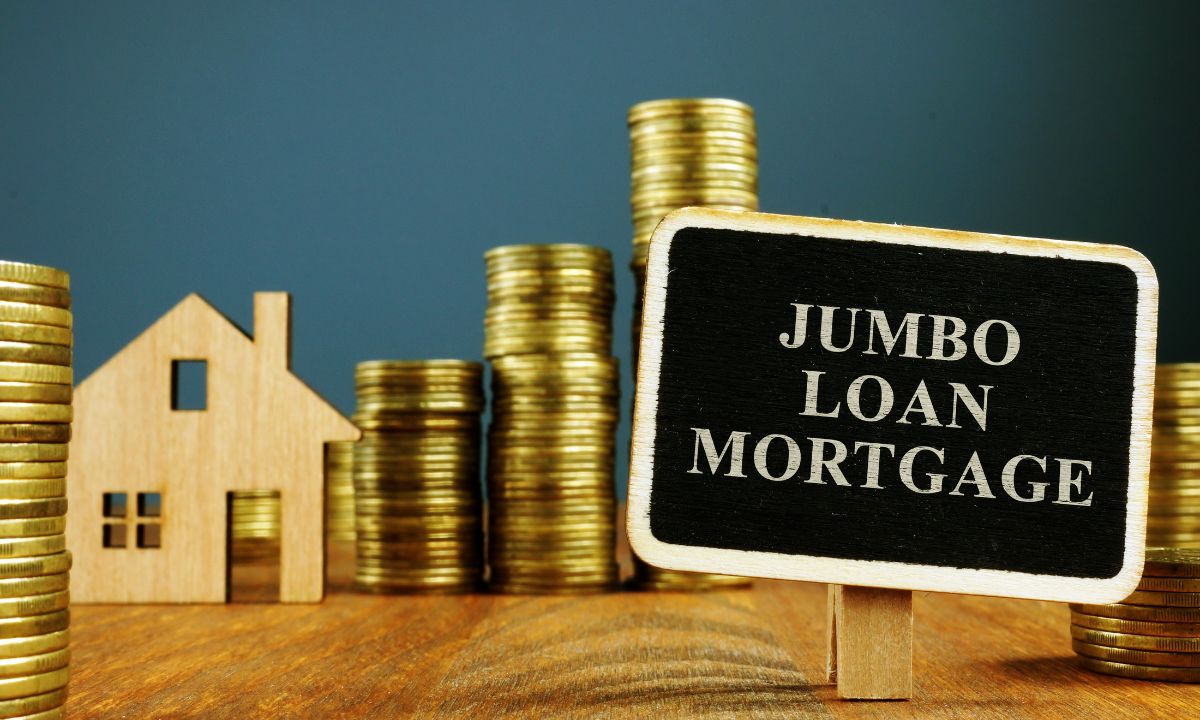 Owning a home is a significant milestone, but the burden of a mortgage can loom large. Fortunately, there are various strategies to expedite your journey to mortgage-free living, ultimately saving you money on interest payments. We will discuss mortgage payment strategies, such as bi-weekly payments, extra payments, and more, to empower homeowners in their quest for financial freedom.
Owning a home is a significant milestone, but the burden of a mortgage can loom large. Fortunately, there are various strategies to expedite your journey to mortgage-free living, ultimately saving you money on interest payments. We will discuss mortgage payment strategies, such as bi-weekly payments, extra payments, and more, to empower homeowners in their quest for financial freedom.
Bi-Weekly Payments: The Power of Half Payments:
Traditional mortgage payments occur monthly, resulting in 12 payments annually. However, by switching to a bi-weekly payment schedule, you effectively make half of your monthly payment every two weeks. This results in 26 half-payments per year, equivalent to 13 full payments. Over time, this extra payment annually can significantly reduce your mortgage term.
The key advantage lies in the accelerated pace at which you’re paying down the principal. By making more frequent payments, you minimize the interest that accrues between payments, saving you money in the long run.
Extra Payments: A Little Goes a Long Way:
Another effective strategy is making additional payments towards your mortgage principal whenever possible. This can be done in various ways, such as making a lump-sum payment once a year or adding a little extra to each monthly payment.
Even a modest increase in your monthly payment can have a substantial impact on the overall interest paid and the duration of your mortgage. Be sure to communicate with your lender to ensure that any extra payments are applied directly to the principal rather than future interest.
Refinancing: Seizing Opportunities in Low-Interest Environments:
Keeping a keen eye on interest rates can open doors to refinancing opportunities. If market conditions permit, refinancing your mortgage at a lower interest rate can result in significant savings over the life of the loan.
Round-Up Payments: Simple yet Effective:
A straightforward yet impactful strategy is rounding up your monthly mortgage payments. For instance, if your monthly payment is $1,487, rounding up to $1,500 can make a substantial difference over time.
This method is painless and can be easily integrated into your budget. The “extra” money might seem inconsequential each month, but cumulatively, it contributes to faster principal reduction.
Embarking on a mortgage payment strategy requires thoughtful consideration of your financial situation and goals. Whether you opt for bi-weekly payments, make extra payments, or explore refinancing options, the key is consistency and discipline.
Remember, the ultimate goal is to reduce your mortgage term, save on interest, and pave the way to a debt-free homeownership. Assess your financial capacity, consult with professionals, and choose the strategy that aligns with your long-term objectives. With dedication and strategic planning, you can turn the dream of a mortgage-free life into a reality.
 In the realm of real estate, dreams often come in various sizes. For those with aspirations of owning a luxurious home that goes beyond the conventional price range, understanding the particulars of financing becomes vital. Enter the world of Jumbo Loans, a specialized form of mortgage designed for high-value homes. We will review the key aspects of Jumbo Loans and provide valuable insights for consumers looking to step into the realm of high-value real estate.
In the realm of real estate, dreams often come in various sizes. For those with aspirations of owning a luxurious home that goes beyond the conventional price range, understanding the particulars of financing becomes vital. Enter the world of Jumbo Loans, a specialized form of mortgage designed for high-value homes. We will review the key aspects of Jumbo Loans and provide valuable insights for consumers looking to step into the realm of high-value real estate.